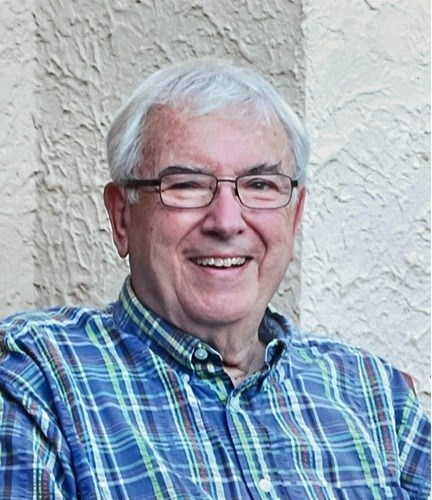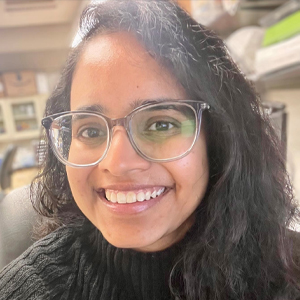In memoriam: Charles Kasper
Charles Boyer Kasper, a professor emeritus at the University of Wisconsin McArdle Laboratory for Cancer Research and a member of the American Society of Biochemistry and Molecular Biology since 1970, died Sept. 5 in Appleton, Wisc. He was 88.

Kasper was born April 27, 1935, in Illinois. As a high school senior, he joined the Navy Reserve and served for eight years. He studied chemistry at the University of Illinois Urbana–Champaign, then transferred to the University of Illinois Chicago College of Pharmacy, graduating in 1958. He received a scholarship for graduate school at the University of Wisconsin–Madison, where he worked in Harold Deutsch’s lab and earned his Ph.D. in physiological chemistry in 1962. With a National Institutes of Health fellowship, he pursued postdoctoral studies at the University of Utah and then at UCLA, where he was hired as an assistant professor.
When he was offered his own lab at the McArdle Laboratory, Kasper moved with his family in 1965 to Madison, Wisconsin and remained there until he retired, establishing a successful research program, teaching graduate-level oncology and toxicology courses, and mentoring undergraduates, medical and doctoral students, and postdoctoral fellows for 38 years.
Kasper studied proteins of the endoplasmic reticulum and nuclear envelope. His research focused on understanding the biochemical regulation of enzymes involved in the metabolism of chemical carcinogens, including NADPH-cytochrome P450 reductase and epoxide hydrolase. His lab discovered the CYP3A gene family and pioneered understanding its contribution in the metabolism of numerous endogenous compounds and more than half of all prescription drugs. Throughout his career, he had uninterrupted research funding from the NIH and other organizations, and he was an author on more than 100 peer-reviewed articles.
For many years, Kasper served on the editorial boards of the Journal of Biological Chemistry and Chemical-Biological Interactions and on study sections and advisory boards for the American Cancer Society. He was chair of the Safety Committee for the university’s oncology department for more than 20 years.
He is survived by his wife of 66 years, Mary Jean, and four children, seven grandchildren and five great-grandchildren.
Read more about Kasper’s life and scientific contributions here.
Enjoy reading ASBMB Today?
Become a member to receive the print edition four times a year and the digital edition monthly.
Learn moreGet the latest from ASBMB Today
Enter your email address, and we’ll send you a weekly email with recent articles, interviews and more.
Latest in People
People highlights or most popular articles

Decoding how bacteria flip host’s molecular switches
Kim Orth will receive the Earl and Thressa Stadtman Distinguished Scientists Award at the ASBMB Annual Meeting, March 7–10, just outside of Washington, D.C.

Thiam elected to EMBO
He was recognized during the EMBO Members’ Meeting in Heidelberg, Germany, in October.

The timekeepers of proteostasis
Learn about the cover of the winter 2026 ASBMB Today issue, illustrated by ASBMB member Megan Mitchem.

Defining JNKs: Targets for drug discovery
Roger Davis will receive the Bert and Natalie Vallee Award in Biomedical Science at the ASBMB Annual Meeting, March 7–10, just outside of Washington, D.C.

Building better tools to decipher the lipidome
Chemical engineer–turned–biophysicist Matthew Mitsche uses curiosity, coding and creativity to tackle lipid biology, uncovering PNPLA3’s role in fatty liver disease and advancing mass spectrometry tools for studying complex lipid systems.

Summer research spotlight
The 2025 Undergraduate Research Award recipients share results and insights from their lab experiences.

